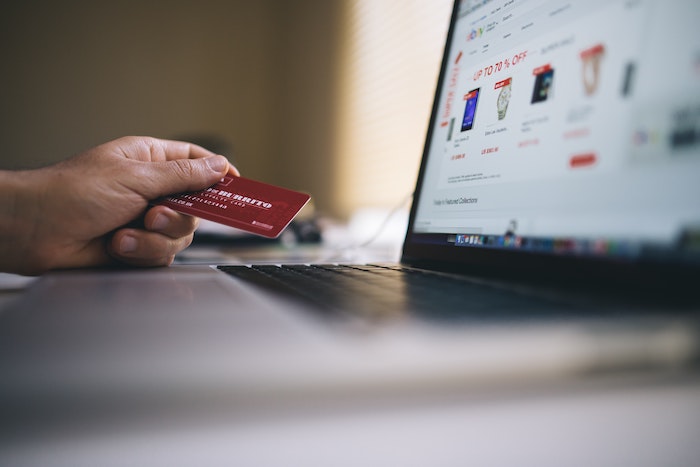Tips for protecting your personal and financial data while shopping online
The holiday season can be a stressful time for most, especially when it comes to finance. It’s no wonder we’ve adopted, with open arms, the Cyber Monday tradition of shopping for pre-holiday deals from the comfort of our living rooms.
Unfortunately, hackers anticipate the influx of online shoppers during the holiday season, which puts our personal and financial information at greater risk.
Before beginning to load up your virtual shopping cart, read through this list to ensure you are protecting your information by following these best cyber security practices:
DO YOUR RESEARCH
The general rule of thumb is to shop with reputable vendors and/or ones that you are familiar with. However, your online searches during the holiday season are likely to present you with some out-of-the-park deals that seem too good to be true. If this is the case – and if the website isn’t familiar to you – check out online reviews about the website and purchase results to see if you should move forward with your purchase.
‘S’ IS FOR SECURE
It’s simple: Don’t input any personal or financial information unless the URL of the website begins with https. The “s” means you are working within a secure network.
BE SKEPTICAL
We are all familiar with the spam emails in our junk folders, but it’s important to be aware that these emails can sometimes make it into our inboxes and look very legitimate. Users should be skeptical of any email that asks to confirm personal or financial information, even if it references a specific recent purchase. To validify a suspicious email, take a look at the sent address, the customer service phone number and email listed in the footer. Then cross reference this information with what you find on the website that it’s claiming to be affiliated with.
KNOW YOUR WIFI
While it’s always exciting to connect to an open public Wi-Fi to check your social media feed, it’s not the safest means to make an online purchase. Public Wi-Fi connections make it easier for hackers to intercept insecure transactions as they are being transmitted. Instead, play it safe by connecting to a password-protected Wi-Fi that you trust before inputting any personal information.
OPT FOR CREDIT
Once you make it to the payment page, best practice is to use a credit card instead of your debit. Most credit card companies have some sort of protection in place to save you from fraudulent charges and the money is not automatically drawn from your account. In either case, it is also best to check your bank statement to ensure there are no discrepancies.
Safe shopping!

